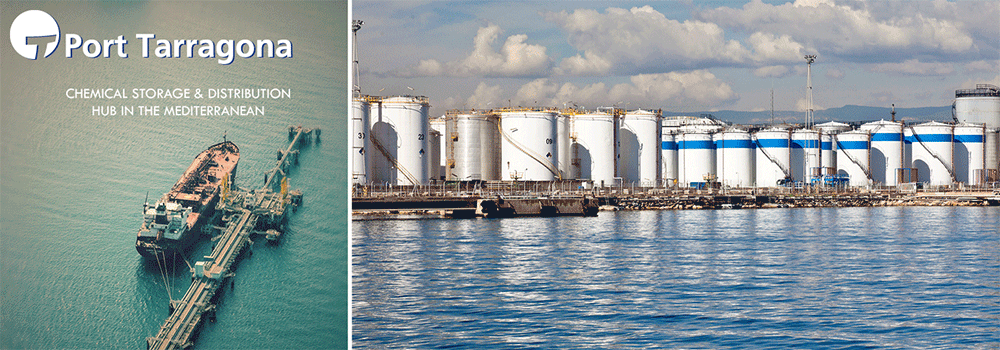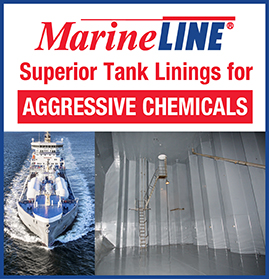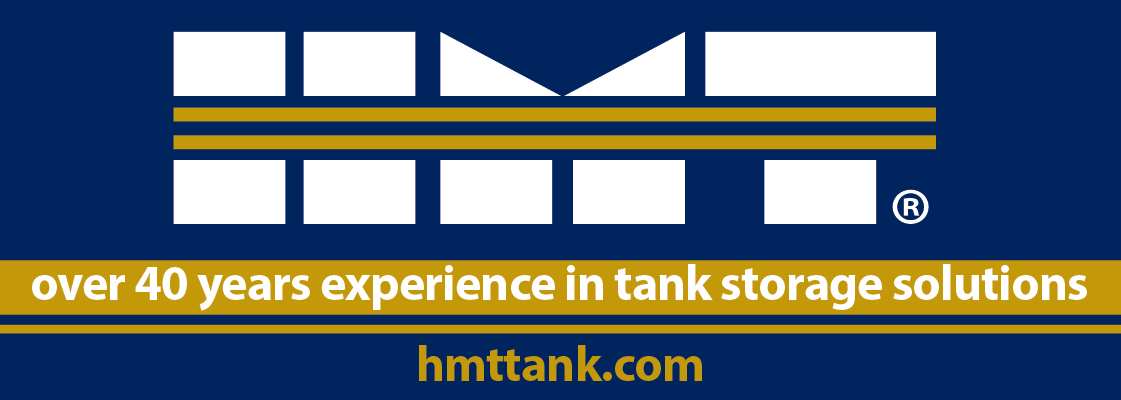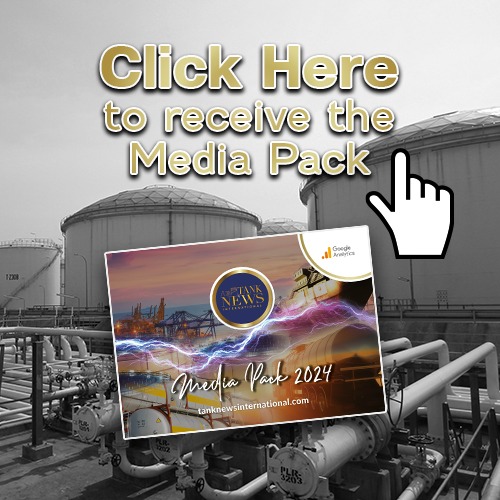Shore power trial for coasters in Rotterdam
The Municipality of Rotterdam and the Port of Rotterdam Authority started a trial on 13 December to supply small sea-going vessels with electricity on Parkkade in the center of Rotterdam. The vessels will then not need to run their diesel generators to generate power for use on board, resulting in reduced air pollution and noise. The trial will last around five months. Five different systems will be tested during this period. The size and setup of this trial make it unique in the world.
“Shore-based power enables us to kill two birds with one stone: cleaner air and less CO2,” stated Arno Bonte, Alderman for air quality and sustainability. “I’m expecting this trial to give us insight into using shore power in more locations, particularly in urban areas.”

Allard Castelein, CEO Port of Rotterdam Authority: “We’re continuing to go that step further with shore-based power. This has been compulsory for inland shipping for some ten years. Stena Line in Hoek van Holland has it and we’re going to install this for Heerema at Rozenburg. In the coming decades many more vessels will need to use shore power. But the larger the vessel, the more complicated and expensive this is. So it takes time.”
Mobile
What is special about the Parkkade trial is that it uses mobile concepts instead of permanent shore-based power connections. This means that these can be used wherever shore power is needed. The trial will also test different energy sources, such as hydrogen, battery, bio LNG, LNG and hybrid solutions. The latter solution combines various energy sources. For the above-mentioned fuels, an on-site generator is needed to convert these into electricity.
The trial will mainly examine the technical and commercial feasibility, user-friendliness and environmental impact. Measurements will be taken during the trial to compare the systems’ sound and emissions with those resulting from the same vessel generating electricity using its own generators.
Many coasters from shipping lines such as Wilson, Vertom and Wijnne&Barends use the Parkkade. In principle, any sea-going vessel that berths there can use the mobile shore power, but many sea-going vessels are not equipped with a shore power connection.
The trial involves a sum of €500,000. The money largely comes from the national government via the Dutch National Collaboration Programme on Air Quality. The programme’s objective is to improve air quality, particularly in urban areas.
Following the mobile shore power trial on Parkkade, a second trial will start in 2020. This will focus on innovative shore power concepts for larger sea-going vessels. €1,500,000 is available for this.
Substantial electricity consumption
Calculations by DNV GL and the Port Authority indicate that the total energy demand of sea-going vessels in the port amounts to around 750-850 GWh. This is equivalent to some 200,000 households. This means that there are gains to be made in terms of air quality, liveability and the climate.
Shore-based power is relatively easy to install and make profitable for inland shipping and ferries. The former use comparatively little energy and the second sail on fixed routes so that, apart from on the vessels themselves, facilities are only needed in a few ports.
Shore-based power for sea-going shipping is more complex as electricity consumption is high and these vessels call at many different ports. This demands cooperation between ports, terminals and shipping companies. Another important factor is that large sea-going vessels consume a lot more electricity. For instance, with their thousands of passengers and crew, cruise ships’ electricity consumption is equivalent to that of a small city.
Five trials, five companies, five months
Over the coming five months, shore power systems will be tested from the following five companies:
- ENGIE Ventures & Integrated Solutions B.V.: Hybrid system with a Big Battery Box, integrated with a motor generator on biofuel (HVO);
- PON Power & sister companies: Hybrid container with a battery combined with a generator on HVO fuel and a 20ft container with solar panels on the roof;
- Aggreko Benelux: LNG-powered Gas engine in a 20ft container;
- Mobiele Stroom BV: Bio LNG-powered turbine in a 20ft container;
- JP-Energiesystemen B.V: Hydrogen fuel cell generator combined with a small battery.
For more information visit www.portofrotterdam.com
6th January 2020





















